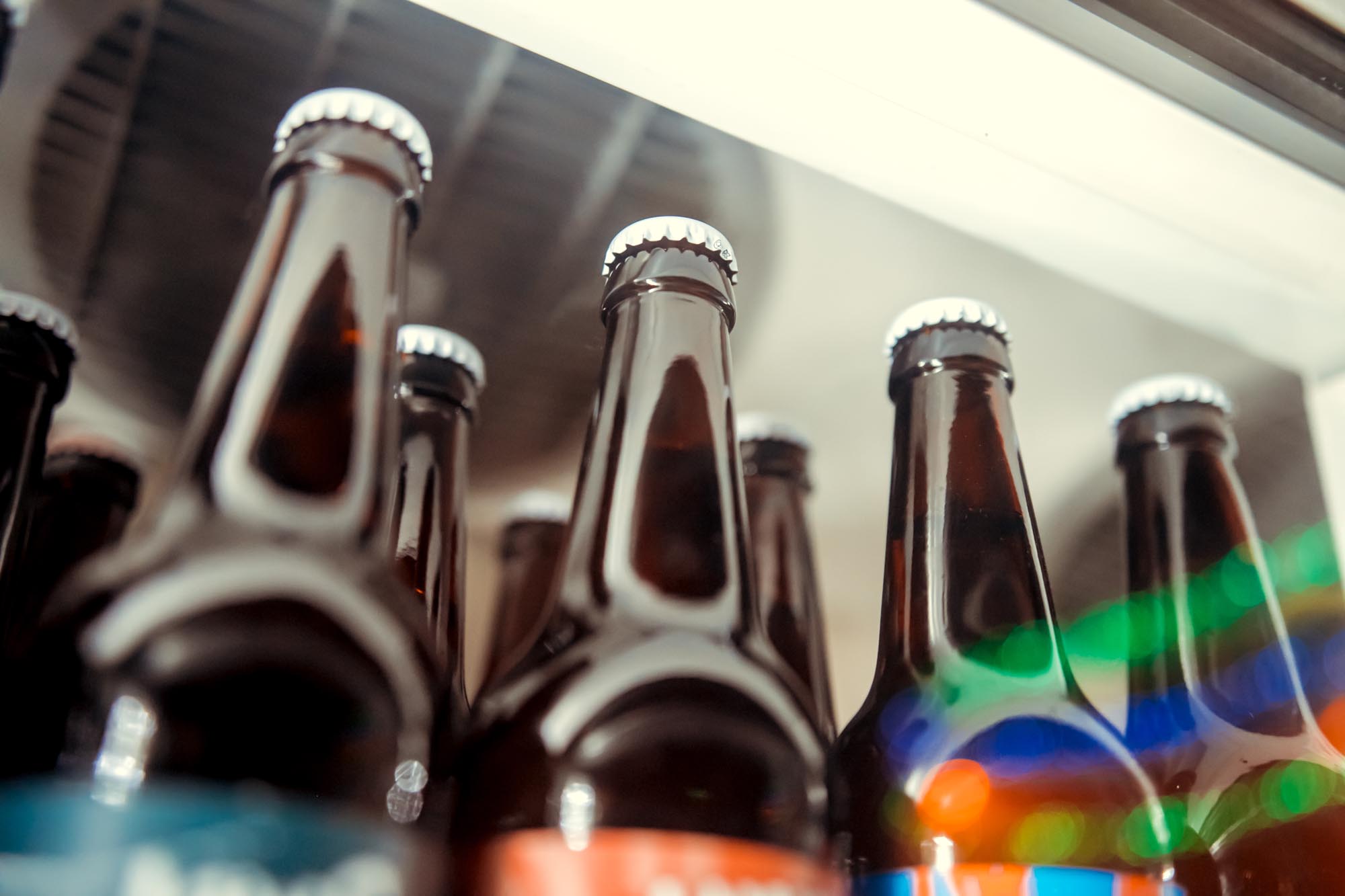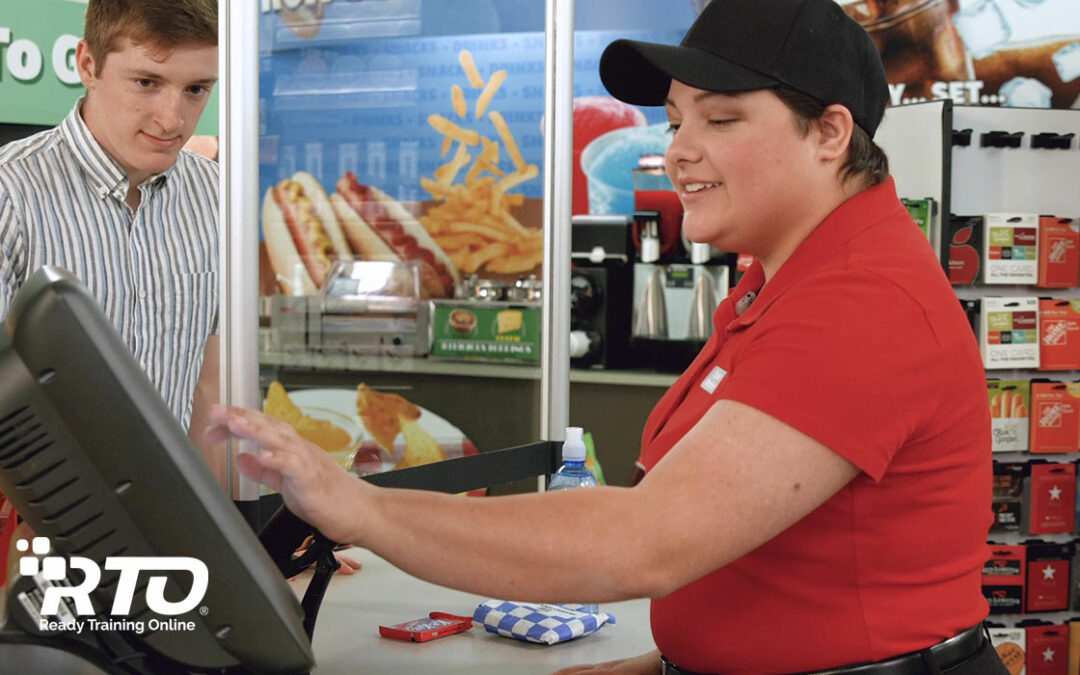The Federal Uniform Drinking Age Act of 1984 set the minimum age to purchase alcohol at 21, but that’s about the only alcohol sales regulation that isn’t controlled by the states. At the state and local levels, alcohol regulations vary widely. Here are a few examples of some interesting state laws.
- There are three states in the US that are officially “dry” states, meaning that it is illegal at a state level to sell alcohol. These are Kansas, Mississippi, and Tennessee. The individual counties in these states must authorize alcohol sales, and regulations from county to county can vary.
- Happy hour, drinking games, and promotions for free beer are banned in Massachusetts. A few other states have similar regulations.
- In seventeen states, liquor is purchased by the state government and can only be sold through state-owned stores. These “control states,” as they’re called, are Alabama, Idaho, Iowa, Maine, Michigan, Mississippi, Montana, New Hampshire, North Carolina, Ohio, Oregon, Pennsylvania, Utah, Vermont, Virginia, West Virginia, and Wyoming.
- In Alaska, it’s illegal to sell alcohol on election day until after the polls close.
- In Utah, you have to order food along with alcohol in a restaurant. On the other side of the spectrum, in Mississippi you can operate a vehicle with an open container of alcohol.
- In Indiana, convenience stores and grocery stores are not allowed to sell cold beer, but cold beer can be sold in liquor stores.
Alcohol Sales Training Requirements
Many states have legal requirements for alcohol sales training, with this list changing year by year. California, for example, recently joined about 16 other states that make responsible alcohol sales training a requirement for all on-premise alcohol servers.
While the new law about alcohol service training in California does not apply to your convenience store, understanding what’s happening around the country is important. The more you know about what’s legally mandated in other places, the more you can prepare for what might be coming your way. Just as importantly, you can better protect yourself from liability when you understand how legal standards elsewhere could affect how lawsuits are handled in your jurisdiction.
Training is the Key to Following Alcohol Sales Laws
Lack of compliance with alcohol sales laws is one of the greatest risks convenience stores face. When you teach your convenience store employees the do’s and don’ts of alcohol sales according to your state and local laws, you’ll be protecting your store and your community.





